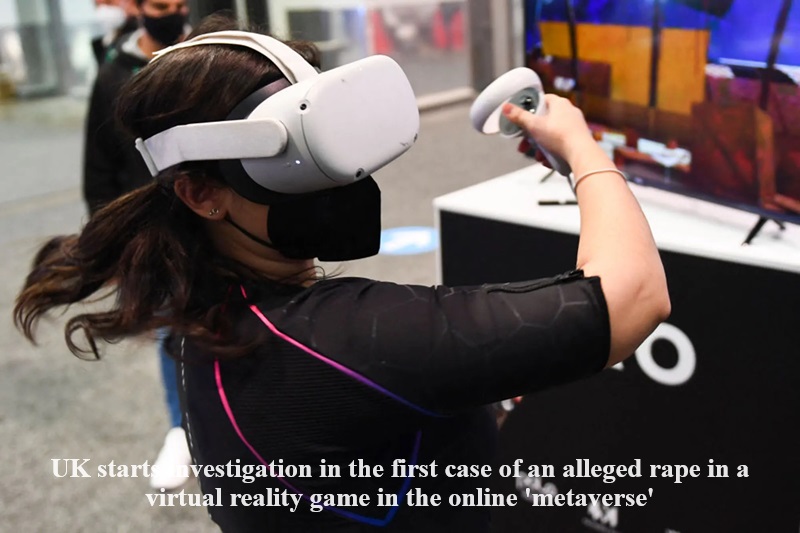
Authorities in the United Kingdom have initiated an investigation into what is believed to be the first case of virtual sexual assault. The incident involved a 16-year-old girl who, while engaged in a virtual reality (VR) game, experienced an alleged “sexual attack” against her digital avatar in the online “metaverse.” The teenager was reportedly using a VR headset in an immersive game when her avatar was gang-raped by strangers in the virtual environment.
Although the victim did not suffer physical harm, law enforcement emphasized the psychological and emotional trauma akin to that experienced by individuals in real-world sexual assault cases. The investigating officers expressed that the virtual nature of the offense posed unique challenges for law enforcement, as existing legislation is not specifically designed to address such incidents.
A senior officer involved in the case highlighted the enduring emotional and psychological impact on the victim, asserting that the trauma extends beyond physical injuries. The details of the game in which the incident occurred were not disclosed.
The investigation has sparked discussions about the legal implications of virtual offenses and whether law enforcement should pursue such cases, especially considering the existing backlog of real-world rape cases faced by police and prosecutors.
UK Home Secretary James Cleverly defended the investigation, acknowledging the immersive nature of virtual environments and emphasizing the potential risk posed by individuals willing to inflict digital trauma on a child. He noted that dismissing the incident as unreal neglects the psychological impact of virtual experiences.
In response to the incident, Meta, Facebook’s parent company, emphasized that such behavior has no place on its platform. Meta’s Horizon Worlds, a free VR game, includes automatic protections like personal boundaries to keep unknown users at a distance. The case raises important questions about the intersection of virtual reality, digital safety, and the legal framework needed to address virtual offenses.

Post Your Comments